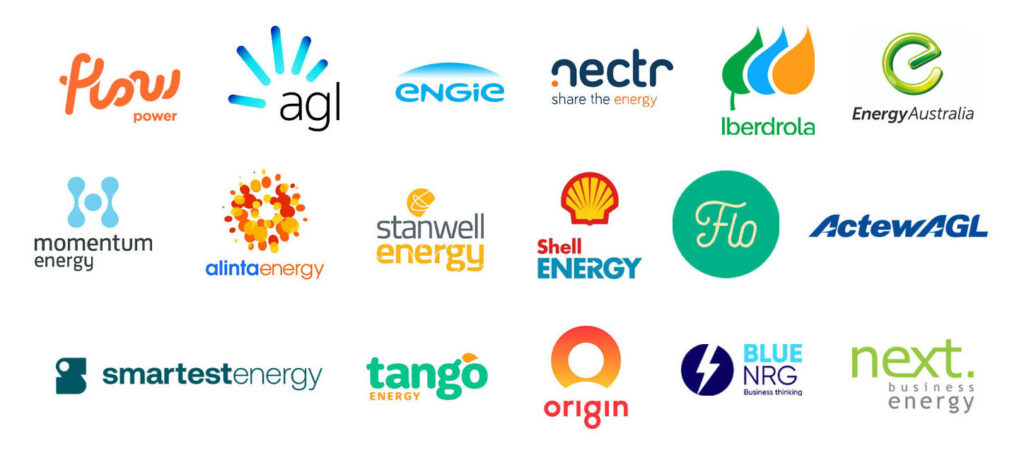Origin Energy, which owns Australia’s largest power station, Eraring, announced that the plant’s closure may still be pushed back on account of delays in the transition to renewable energy.
Last month, Origin Energy’s CEO Frank Calabria explained that while they are on board with the transition and understand the need to move from coal generation, this would only be possible if there was enough power generated from renewables to fill the gap.
Eraring closure previously set for 2025
In February of 2022, concerns were voiced as Origin Energy announced that it was going to close 7 years earlier than originally planned, moving forward to 2025. Would NSW be able to meet electricity demand without Eraring? How would an earlier closure affect electricity prices?
NSW Energy Minister said that energy supply and prices will not be affected because the inflow of energy from new renewables and battery storage infrastructure will address any deficiencies that are bound to occur once Eraring is shuttered. Included in the plans are a 700 MW battery at the Eraring site as well as another 700 MW battery as announced by the NSW government.
During the Annual General Meeting in October 2023 where Mr Calabria spoke, he stressed that they still meant to meet the 2025 deadline but that the state of the market is a determining factor as to whether this will push through. Origin is currently engaged in talks with the NSW Labor government about their views on the matter.
Getting the right timing for the exit of coal
With issues relating to the Snowy 2.0 pumped hydro and other large-scale renewable projects surfacing, Origin may need to defer its closure, keeping some of its units running for at least another summer to unburden the market from a dearth of supply and increasing prices.
Origin chair Scott Perkins believes that the transition to clean energy was not happening fast enough. The slow delivery of new green energy infrastructure has pushed governments to assess the schedules for closing down coal-fired stations so that citizens do not face poor supply.
As it is, customers are already having to manage exorbitant energy costs alongside generally high costs of living. But if the timing of plant closures is not carefully assessed, they may also have to contend with additional costs.
That said, the Australian Energy Market Operator has stated that the country’s reliability standards can be maintained if the government tenders for a gigawatt of “firm power” and there are no delays on renewable and storage projects.
Firm power, in this context, refers to a consistent and reliable electricity supply that can be readily dispatched on demand. Unlike intermittent renewable sources such as solar and wind power, firm power sources provide a continuous and stable output, ensuring a dependable energy supply. The emphasis on acquiring a gigawatt of firm power underscores the importance of having a reliable energy source to meet the country’s electricity demands. Additionally, the absence of delays in renewable and storage projects suggests a parallel commitment to sustainable and resilient energy solutions, showcasing a multifaceted approach to meeting both reliability and environmental objectives in the energy sector.
But the NSW Labor government foresees the possibility of delaying the shuttering of the biggest coal generator still in operation in the country to allow renewables to catch up.
Premier Chris Minns said, “we inherited a renewable energy roadmap that was off course,” referring to the previous government’s plans to construct 12GW of new renewables and 2GW of long-duration storage by 2030.
Though faced with different near-term hardships, it seems that Origin is still undeterred as it marches on to the energy transition, believing that in the long term, the effort will better serve their customers, their business, and the planet. The “effort” includes new renewable energy and firming capacity such as the giant battery being built at Eraring.
An update on Origin’s future
Recently, Canadian multinational investment company Brookfield walked away from a $10.6 million deal for Origin Energy when shareholders rejected Brookfield’s takeover bid. According to Origin’s regulatory filings, votes in Brookfield’s favour were lower than the 75% needed for the deal to push through.
The possible delays to Eraring’s closure and the uncertainty around Origin’s situation will more than likely affect the wholesale market.
—
Australia’s energy market is rife with uncertainty, with prices likely to go up and down due to a variety of factors such as power plants closing, changes in supply and demand, and even global political conditions.
Leading Edge Energy can help you determine solutions that can help shield your business from price volatility as well as meet your sustainability goals.
Get started with business energy tenders here or call us at 1300 852 770 to speak to our energy management consultants.
We source, analyse, compare and rank commercial, industrial and multisite energy quotes. Obligation Free.
Chat with one of our experienced consultants today and get the insights your business needs to help manage the risks associated with volatile electricity and natural gas markets. Our energy procurement service is obligation-free and provides a time-saving way of securing lower energy rates from our panel of energy retailers.







